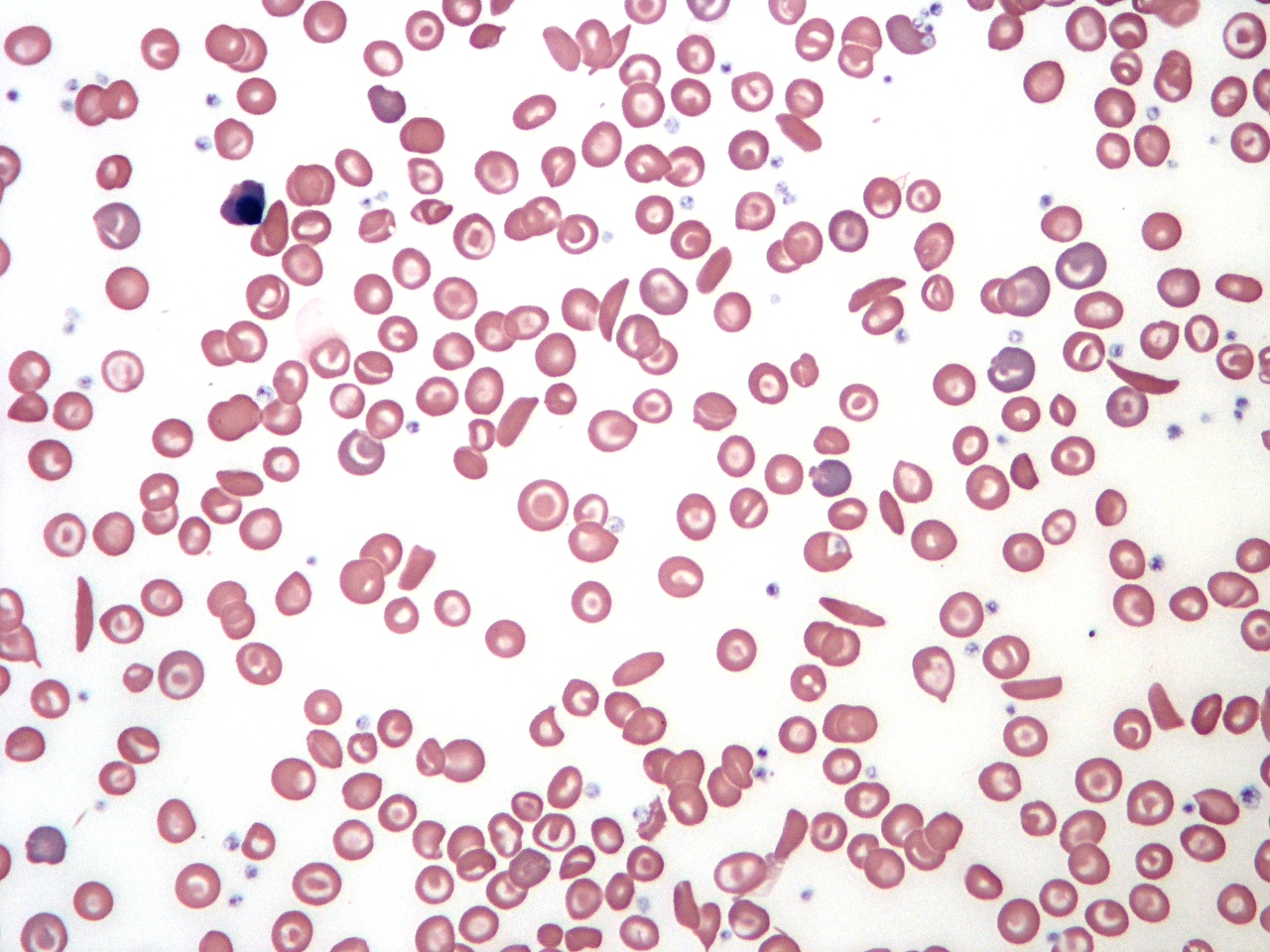Aggregated News

CRISPR genome editing technology, which was developed at UC Berkeley, has been approved for clinical trials to correct gene mutations responsible for sickle cell disease.
Sickle cell disease has been an “early target” for gene therapy because it is caused by a single-letter DNA mutation, according to campus Innovative Genomics Institute, or IGI, spokesperson Andy Murdock. He added that this makes the gene-editing process “theoretically straightforward.”
“It’s the most common hereditary disease worldwide, disproportionately affecting the Black population in the US,” Murdock said in an email. “It has a long history of being unjustly overlooked and understudied.”
Two years after discovering CRISPR in 2012, campus biochemist Jennifer Doudna first approached IGI and the Children’s Hospital Oakland Research Institute to work towards sickle cell gene therapy.
The process essentially consists of first cutting the DNA of stem cells, then supplying a synthetic piece of DNA with the proper nucleotide to correct the mutation, according to UCLA professor Donald Kohn, who will lead clinical trials at UCLA and work with UCSF professor of pediatrics Mark Walters. After freezing and eliminating uncorrected stem...



